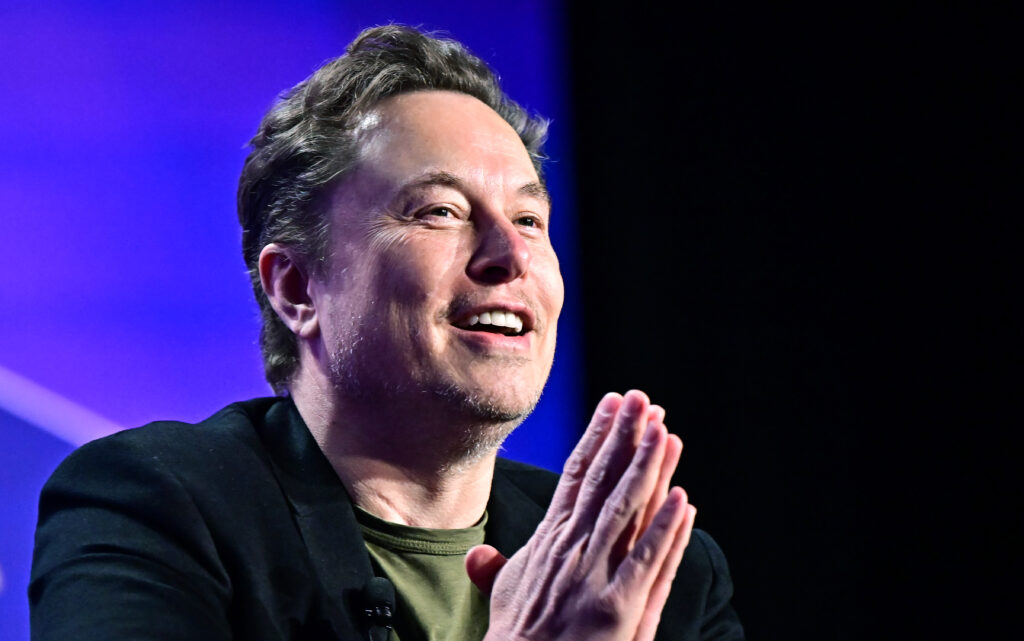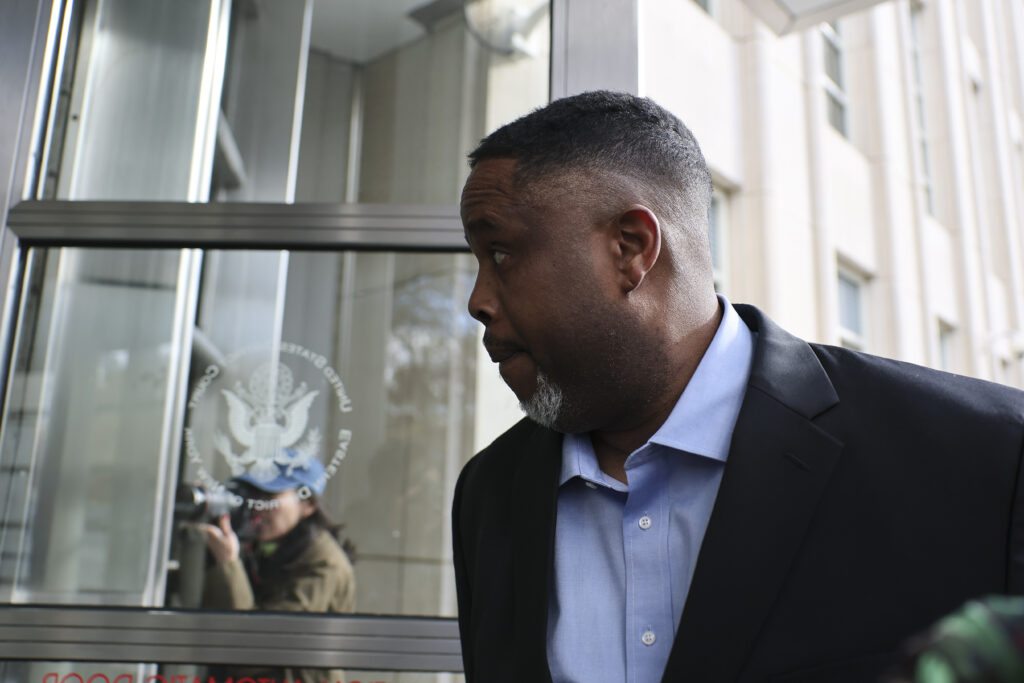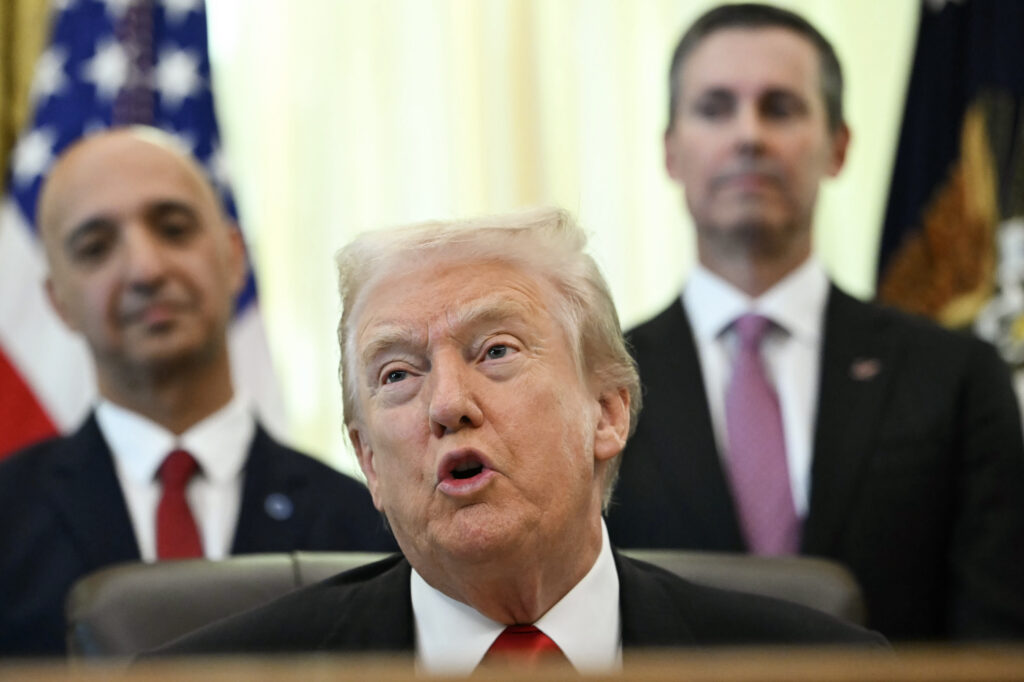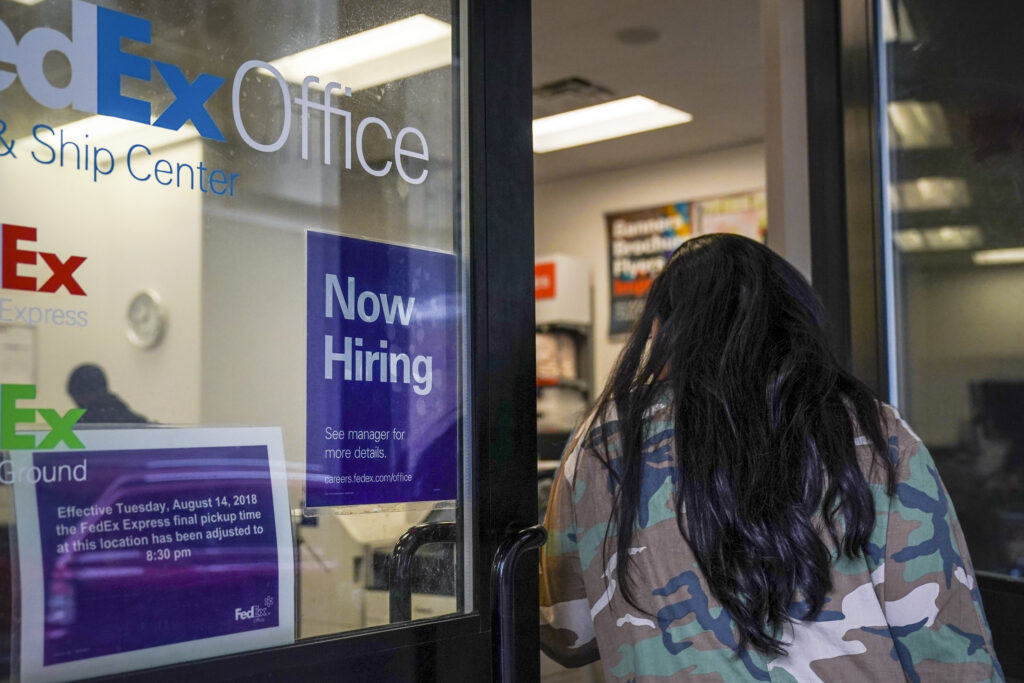Tesla shareholders approve Musk’s $1 trillion pay package
Tesla shareholders on Thursday overwhelmingly endorsed a massive pay package for CEO Elon Musk that could reach $1 trillion. The pay package — crafted to ensure Musk’s continued service to Tesla as the company pursues breakthrough technology on artificial intelligence and robotics — won more than 75 percent support from shareholders, a Tesla official said at the company’s annual meeting.”I’d like to just give a heartfelt thanks to everyone who supported the shareholder votes,” a euphoric Musk told the gathering. “I super-appreciate it.”Cheers of “Elon” broke out after the vote result was announced at the gathering, which was held at the company’s factory in Austin.Musk has emerged as a lightning rod figure, in part due to his embrace of right-wing politicians including President Donald Trump. But Thursday’s vote marked the latest demonstration of the entrepreneurial billionaire’s resonance with investors.The package aims to ensure Musk stays at Tesla for at least seven-and-a-half years. It would lift Musk’s holding in Tesla from about 12 percent when the package was introduced in September to potentially more than 25 percent.Musk has described Tesla’s potential growth as nearly boundless, saying in July that it “will be the most valuable company in the world by far” if it delivers on envisioned advances on autonomous driving and AI.But Musk himself has hinted he could leave Tesla or take a back seat if his ownership share is not raised enough to give him the influence over its future that he desires.In urging shareholders to back the proposal, Tesla Chair Robin Denholm argued keeping Musk was essential to Tesla’s future, warning the company’s stock could dive if he exited.The board has shrugged off criticism that the billionaire’s embrace of contentious political figures has weighed on sales.- Base of shareholder support -Tesla investors have been reliable Musk supporters in past votes over Musk’s pay packages, including a 2018 deal for about $55.8 billion that has repeatedly been blocked by a Delaware court in response to shareholder litigation.Following the latest Delaware ruling, Denholm and the rest of Tesla’s board went back to the drawing board, first approving in August an “interim” compensation award worth about $29 billion for Musk and then unveiling the larger plan in September.Once again on Thursday, Tesla shareholders signed off on stratospheric pay for Musk and also handed the company victories on other key votes, including the reelection of board members.But Tesla Takedown, an activist group, blasted the vote result, noting the company’s drop in auto sales in recent quarters.”Elon Musk just got one trillion dollars for failure,” said the group, which rallied against the plan Wednesday in downtown Austin.”Sales are down, safety risks are up and his politics are driving customers away. This isn’t leadership — it’s the world’s most expensive participation trophy.”On the other side, Wedbush analyst Dan Ives said the sweeping vote in favor of Musk cements his position as “the AI Revolution takes hold giving us greater confidence in the Tesla story moving forward.”Musk, witha net worth of more than $500 billion, is already the world’s richest person, according to Forbes’s real-time list of billionaires.He must hit 12 milestones related to market capitalization to receive the full pay package. The first tranche would be available when Tesla reaches $2 trillion in market value, up from its current $1.5 trillion.The plan also involves a series of operating profit and product goals, such as the delivery of 20 million Tesla vehicles.The pay proposal was panned by Glass Lewis and Institutional Shareholder Services (ISS). An ISS analysis last month criticized the rationale for the potential windfall, noting that Musk’s financial interests are already closely tied to Tesla’s fate.As structured, the separation of the overall package into tranches of “unprecedented” value “could undermine the necessity for all goals to be realized,” said ISS, which also flagged the lack of explicit requirements that the busy Musk keep focused on Tesla.






